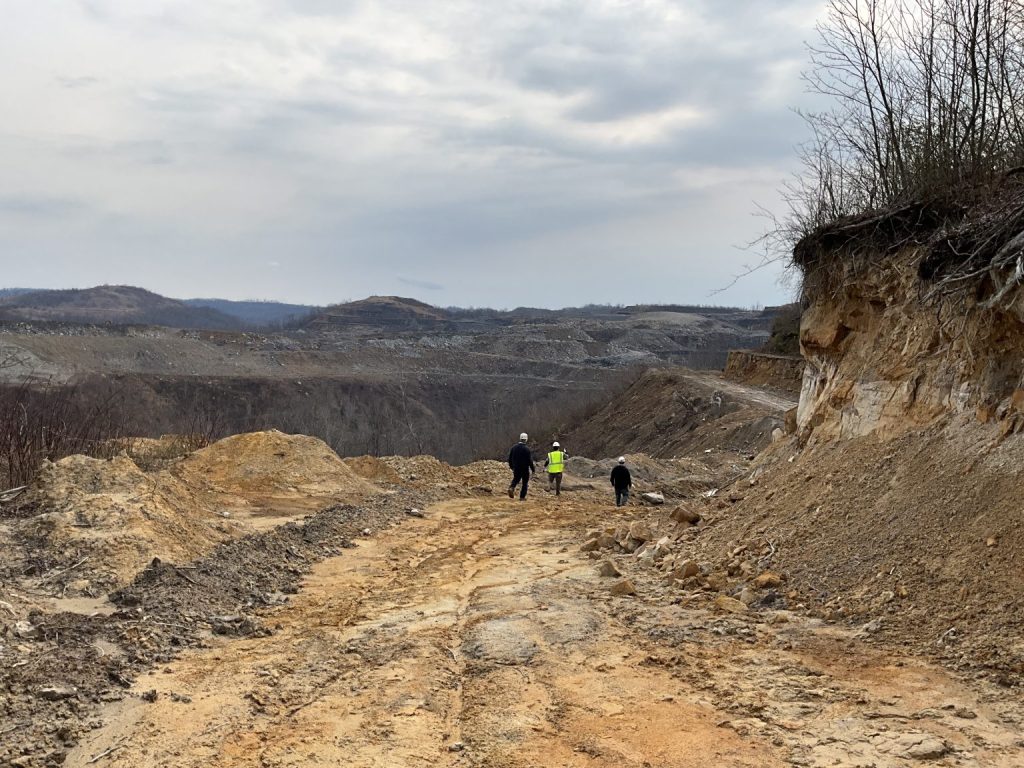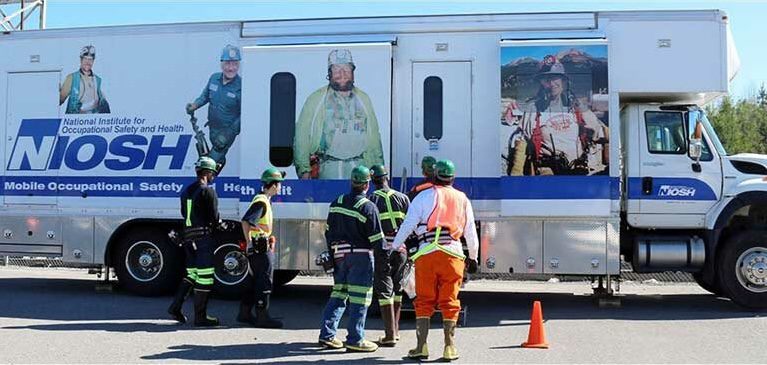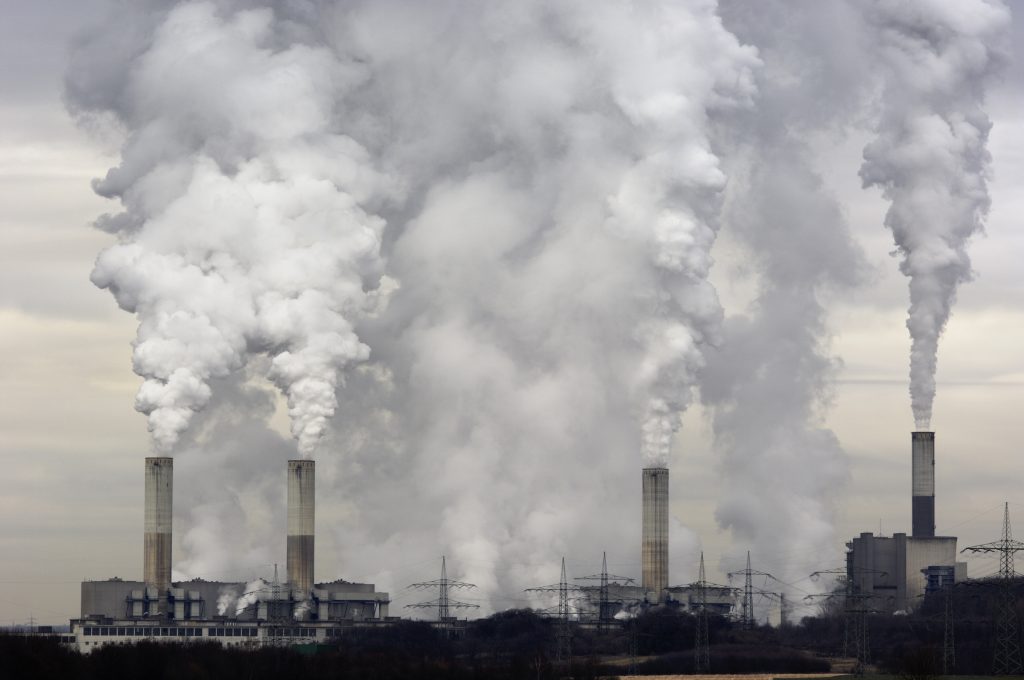Cleaning Up Coal Ash
For well over a century, power plants across the country have burned coal to generate electricity. And for just as long, leftover coal ash has been dumped in open, unlined pits near the power plant, usually located on a river or lake. Every year, U.S. power plants produce 130 million tons of coal ash, which is the second largest waste stream in the country after municipal garbage.
Coal ash concentrates the toxic heavy metals found in coal, including arsenic, mercury, lead and selenium. Stored in unlined, wet impoundments, coal ash has been leaking these toxics into our groundwater and surface waters for years. Sometimes these impoundments collapse — with disastrous results.
Yet government regulations for coal ash management are either non-existent or sparse, and there is little enforcement of the regulations that do exist. In North Carolina, this lack of oversight — and the complicity between state regulators, elected officials and Duke Energy — came to a boiling point in February 2014 when one of Duke’s coal ash impoundments spilled 39 million tons of ash into the Dan River.
Citizens living near North Carolina’s 33 coal ash impoundments — all of which have leaked — have fought for transparency from Duke and the state, and for cleanup of the pollution that threatens their property value, health and family. Their actions forced this issue into the headlines of news networks and to the forefront of environmental justice conversations in the United States.
Appalachian Voices stood with these communities as we worked for years to compel Duke Energy and the N.C. Department of Environmental Quality to excavate coal ash from all the North Carolina sites and dispose of it either in lined, dry landfills, away from waterways, or by recycling it for concrete or other uses, provided it’s done in a manner that protects public health and the environment.
On Jan. 2, 2020, North Carolina announced a historic settlement with one of the state’s most powerful corporations and polluters, Duke Energy. The settlement requires Duke to move nearly 80 million tons of toxic coal ash at six of its power plants to properly lined landfills onsite or recycle it.

Learn information about specific coal ash impoundments in the South, including health threats and safety ratings:
Additional Resources
Fact sheets, videos, links to academic research, and more
Sign Up to Act
Help us protect the health of our communities and waterways.
Latest News
The state of coal community protections 48 years after landmark mining law
On Aug. 3, 1977, President Jimmy Carter signed the Surface Mining Control and Reclamation Act into law. This anniversary presents a good opportunity to discuss SMCRA’s intent, where it’s fallen short over the years and how the Trump administration is undermining SMCRA’s protections.
SWVA leaders advocate for community resilience projects in D.C.
On an extraordinarily hot, humid day in July,…
CANCELED: Justice family coal company must explain to regulators why mountaintop removal mining permit should not be revoked
A coal company owned and operated by the family of U.S. Sen. Jim Justice, R-W.Va., will need to explain why its permit for a large mountaintop removal mining operation known as the Poca mine shouldn’t be revoked.
Appalachian Voices applauds Senate Appropriations Committee for pushing back against cuts for black lung and miner safety programs
Today, the Senate Appropriations Committee voted to advance its Labor, Health and Human Services, Education, and Related Agencies Fiscal Year 2026 funding bill. The package includes funding for mine safety and black lung programs.
Statement on introduction of important pipeline safety bill
Yesterday, Sen. Ben Ray Luján, D-N.M., and Edward Markey D-Mass. and Reps. Scott Peters, D-Calif., and Troy Carter, Sr. D-La., introduced the Gas Pipeline Leak Detection and Repair Act of 2025.
Statement on Trump administration’s intent to rollback greenhouse gas endangerment finding
Today, U.S. Environmental Protection Agency Administrator Lee Zeldin announced that the EPA will propose a rule to repeal the 2009 endangerment finding that has been crucial for regulating greenhouse gas emissions that cause climate change.











